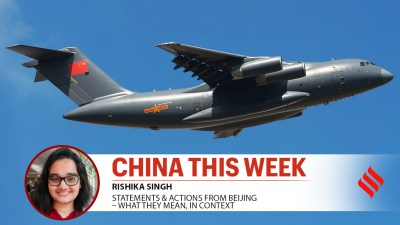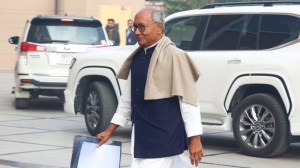Two states146; solutions
India and China offer two different conflict management styles. Guess what works

For once, the government could do no wrong. Even the opposition applauded the amendment of a constitutional order, so that the Arunachal tribe formerly known as 8216;Dafla8217; meaning unruly or wild, a name given by the British could now be known by their real name, 8216;Nyishi8217;. Combined with the prime minister8217;s visit to Arunachal Pradesh and the slew of proposed infrastructure schemes, it appears as though the state8217;s alienation can perhaps be put behind us. This small gesture of inclusion and goodwill, accomplished after years of protest, contrasts starkly with the 8220;blood-and-fire8221; pronouncements from Beijing against the Tibetan agitation.
The analogy is obviously imperfect; Arunachal is not to India what Tibet is to China. But there are enough parallels in the two narratives, two regions that have suffered decades of isolation. China has recently thrown lots of money at the region, as roads, factories and development projects have transformed the Tibet Autonomous Region. Since last year, a remarkable train links Tibet to the Chinese heartland and it appeared as though this seeming abundance of opportunity might quell Tibetan restiveness.
But as the recent violence in Lhasa proves, economic aid does not ease the indignity of being ruled by the brute strength of an unacceptable government. Only open societies provide the forum for the expression and settlement of grievances, and when a global behemoth like China seals away an entire region from the world and suppresses dialogue, it is bound to invite the world8217;s disapproval. Of course, India8217;s turnaround in Arunachal is still in its nascent stage, but it is the democratic path taken that makes all the difference. Interestingly, the very MP who provocatively suggested turning to China for infrastructural succour now celebrates India8217;s attitude towards the state. These hard-won victories of Parliament are more meaningful and lasting than the programmes scripted and controlled in faraway Beijing for the people of Tibet.
- 01
- 02
- 03
- 04
- 05































